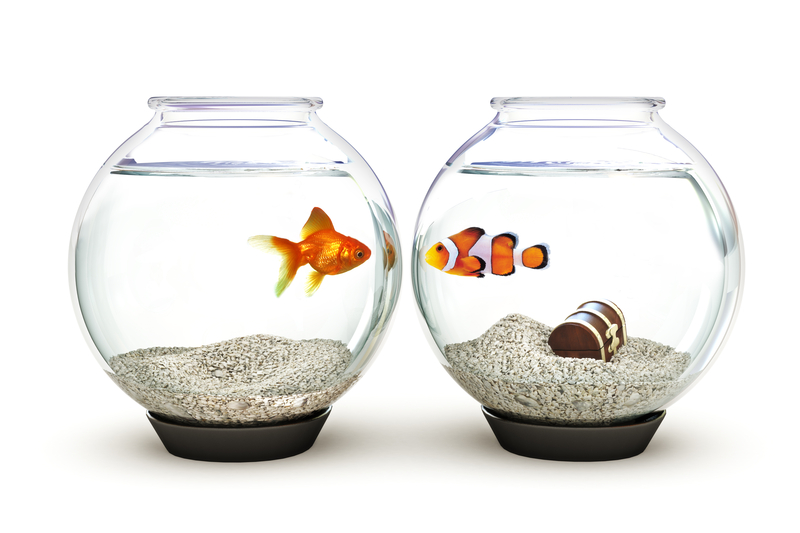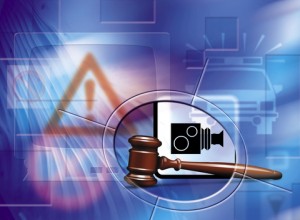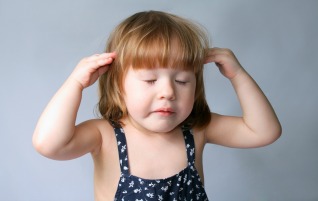 *****Bizarre video gift at the end of the post. A taste of Mexico City at dark. No sound and a lot of sidewalk shots, but hey, I did this by my techo-challenged self!
*****Bizarre video gift at the end of the post. A taste of Mexico City at dark. No sound and a lot of sidewalk shots, but hey, I did this by my techo-challenged self!
Is Stealing Bad? Is Someone Who Steals a Bad Person?
A Supplement to MysteryShrink and the Emotional Guidance System to be used as a reference when ‘dualistic thinking’ is cited in other articles.
 Dualistic Thinking:
Dualistic Thinking:
Dualistic thinking occurs when we assume there are only two possibilities choices for behavior—one good and one bad. One right and one wrong. With this structure, we then separate actions, beliefs, and outcomes, and even people into one of these categories. Without exception.
And we separate people. The simplest and most damaging thinking model is when a person maintains the position that you are either “with me” or you are “against me.” With this stance, one move that suggests you disagree with something the other says or does–and you land in the “against me” group. With this sort of approach, conflict in families and among friends is high and often leads to cut-off.
Remember, to be anxious is human. To try to rid oneself of anxiety is natural.
Is a man who steals a bad man?
The most frequent example given to demonstrate the dilemma of dualistic thinking is the situation in which a man steals a loaf of bread to feed his starving family. This is troubling because most of us (though not all of us) have grown up believing that stealing is bad. Yet, is it ‘bad’ to do what you have to do to feed your children?
If we conclude that acting for survival of one’s family is more important than the rule about stealing, we can judge the man to be good.
 What if we learn the man also swiped a bottle of beer on his way out? Now what? Is he a bad man after all? Let’s say, we learn later that not only was the store owner’s family also starving, but during the time of the theft, he and his children were being held hostage in the basement? What if we learn that the family man-thief had heard a cry for help which he ignored as he ran out the door with his bread and beer?
What if we learn the man also swiped a bottle of beer on his way out? Now what? Is he a bad man after all? Let’s say, we learn later that not only was the store owner’s family also starving, but during the time of the theft, he and his children were being held hostage in the basement? What if we learn that the family man-thief had heard a cry for help which he ignored as he ran out the door with his bread and beer?
What if the store owner is holding someone else hostage and the cry for help was actually from the store owner’s kidnapped victim? What if that victim was a child? A criminal?
Many wonderful novels and movies have pricked our dualistic thinking habits. The clearest are those which force us to see enemies as people with families and loves and hurts, and to see the rawer side of those we judge as one hundred percent heroes and heroines.
Shawshank Redemption: Is everyone in prison a bad person? Are there good guys and bad guys even in prison? Can a person keep his ‘freedom’ even though he is in prison?
Shindler’s List: Were all powerful WWII era Germans bad? Were there degrees of ‘badness?’
The Boy in the Striped Pajamas: What about a man who is a loving father? Can he still be a ‘loving’ man if he authorizes the mass killing of children and daddies and mommies?
Twelve Angry Men: If eleven out of twelve jurors think a man is guilty, does that mean he is? Can we trust that we can spot goodness and badness in others?
American History X: Can we believe the stories we’ve been raised with that attribute good or bad characteristics to groups of people? People grouped by race, religion, birthplace, or any other variable that makes the group of people different from ourselves?
 These are strong examples. The same confusions arise when someone we care about and respect maintains a drastically different viewpoint on a political issue important to us. If we are sure everyone on the other side of the political issue is dumb, uninformed, or pathological, how do we relate to our friend or family member?
These are strong examples. The same confusions arise when someone we care about and respect maintains a drastically different viewpoint on a political issue important to us. If we are sure everyone on the other side of the political issue is dumb, uninformed, or pathological, how do we relate to our friend or family member?
My purpose with this discussion is to provide a supplement to other posts where dualistic thinking is mentioned. Particularly, this section is provided to slow down ‘dualistic’ jumping back and forth when the Emotional Guidance System and the Thinking Guidance System are mentioned. It’s easy to come away with the impression that I’m saying ‘thinking’ is ‘good’ and ‘feeling’ is ‘bad.’
That’s not what I’m saying. To lock yourself in the position of being a ‘thinker’ or a ‘feeler’ or labeling others as such, and defining as one as superior to other is just nuts. Remember that in high functioning relationships, people are flexible. One leads sometimes and sometimes the other leads as best fits the situation.
 When you think in terms of family systems, there are no neat little ‘labels’ for people.
When you think in terms of family systems, there are no neat little ‘labels’ for people.
No dualistic side-takers. No all good-guys, all bad-guys. Only by putting aside ‘knee-jerk’ (emotional, automatic, self-protective) responses can we encourage the strengths in people. And only when we face our own pluses and minuses can we begin to accept ourselves.
https://www.youtube.com/watch?v=dOKQJQ85ZJ4





